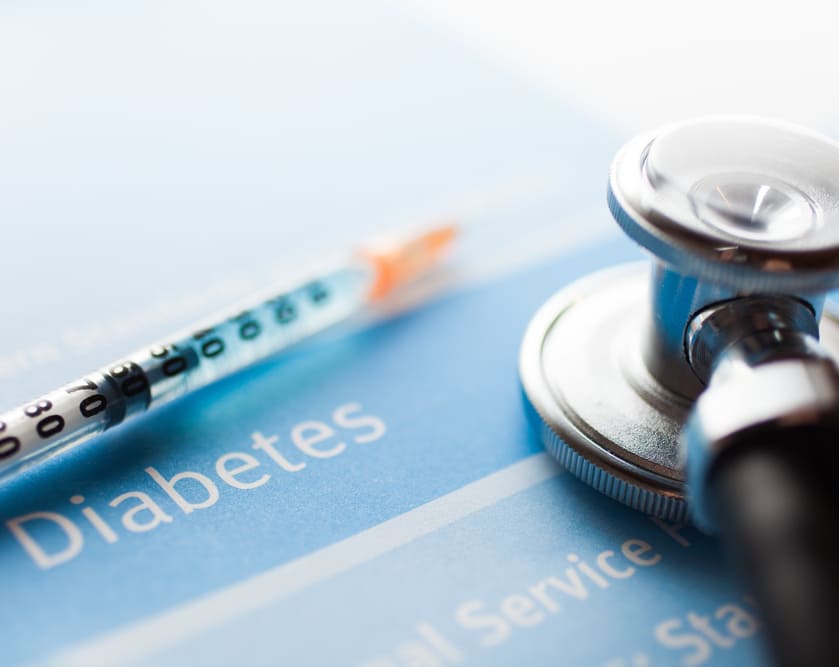Know Your Numbers.
Blood Sugar.

In the final installment of our “Know Your Numbers” series, we will discuss blood sugar and diabetes. Like high blood pressure and cholesterol, prediabetes and diabetes may often go unnoticed and can have long term negative effects on the body. People with prediabetes and Type 2 diabetes are also more likely to develop heart disease. Luckily, a simple blood test ordered by your primary care provider, can let you know where you stand.
Insulin Resistance and Diabetes
Insulin Resistance (IR) is a precursor to diabetes. IR occurs when the body makes insulin but can’t use it efficiently causing glucose to build up in the blood stream. Your body then tries to reduce these high glucose or blood sugar levels by telling cells in the pancreas to produce insulin. Over time, these cells fail to keep up with the body’s need for insulin. When a fasting person has too much glucose in the blood (hyperglycemia) or too much insulin in the blood (hyperinsulinemia), they may have insulin resistance. Diabetes develops when your body isn’t producing enough insulin or isn’t using the insulin it does produce in an efficient way. When this happens glucose levels rise in the body. Over time, this increase in glucose levels can cause severe damage to many important organs, especially those with small vessels like the eyes, kidneys or heart.
Common Symptoms
If you are experiencing any of the symptoms below seek medical attention.

Cuts/bruises that are slow to heal

feeling thirsty often

extreme fatigue

urinating often

blurry vision
Insulin Resistance and Diabetes
It is important to know your risk factors for developing diabetes. Some risk factors are modifiable like lifestyle choices, and some are non-modifiable like family history.
Click here
to find out more about your risk factors.
Diabetes impacts many body systems and can lead to severe health complications. Management of diabetes can be complicated and often requires several specialized medical professionals. Work with your healthcare team to come up with a treatment plan that is right for you. If you are concerned you are at risk for diabetes, take steps now to lower your chances of developing diabetes in the future by taking a look at this helpful guide from the American Heart Association titled, “The Numbers You Need to Know”.
Source: https://www.heart.org/en/health-topics/diabetes/prevention--treatment-of-diabetes

